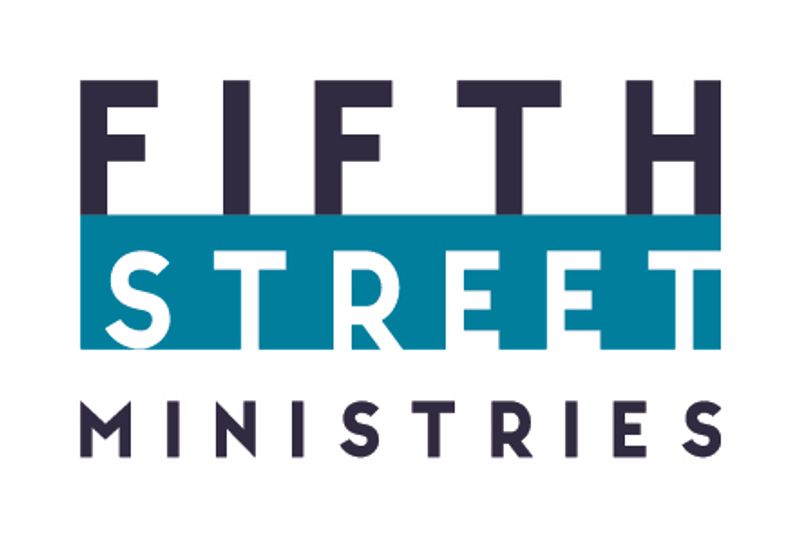
Over thirty years ago, Fifth Street Ministries was born out of a love for our neighbors in need. What began as a small emergency shelter, a winter shelter and battered women’s shelter has grown to meet the evolving needs of our community. As the only homeless shelter and domestic violence/sexual assault shelter in Iredell County, our guests often come to us at their lowest point, with nowhere to turn and without hope.
Fifth Street offers four main programs. The first is shelter services which includes our Community Kitchen. Shelter services include one-on-one case management, an on-site nurse clinic, clothing closet, transportation to medical appointments, substance abuse and/or mental health treatment. We have the capacity to house 150 individuals/families at the main campus and average 100 per night in the shelter. The Community Kitchen serves up to 90,000 meals a year, 3 meals a day every day of the year on a budget of $10,000. Breakfast is for residents while lunch and dinner are for both residents and members of the community.
My Sister’s House is Fifth Street’s domestic violence/sexual assault program. A 24-hour crisis line is offered to the region, one-on-one case management with residents of the shelter, counseling to shelter guests and victims in the community as well as court advocacy to both residents and the community. My Sister’s House can shelter up to 34 victims and children. Beginning February 1st, a court advocate and crisis counselor will also be available in the Mooresville area to better serve victims in that location.
The third program offered is Veterans Transitional Housing. Only two blocks away from the main shelter, this program provides the same shelter services to each resident. This six bedroom home houses five homeless veterans along with one live-in peer support specialist. We work closely with the VA on this program.
Finally, the PATH House is not a shelter but a resource center for the chronically homeless—those who live in tents, in cars and under bridges. Many of these neighbors either cannot or will not enter the shelter. Here, guests can shower, do laundry, get snacks, receive basic toiletries, be given a sleeping bag if necessary, warm up/cool off depending on the weather and get connected to other services in the area as they so choose.